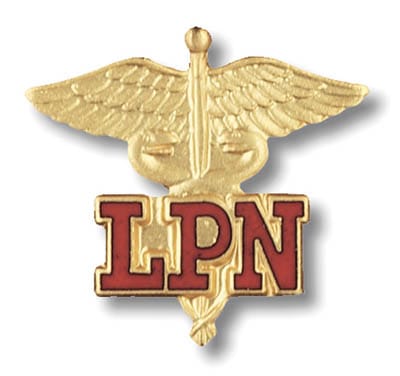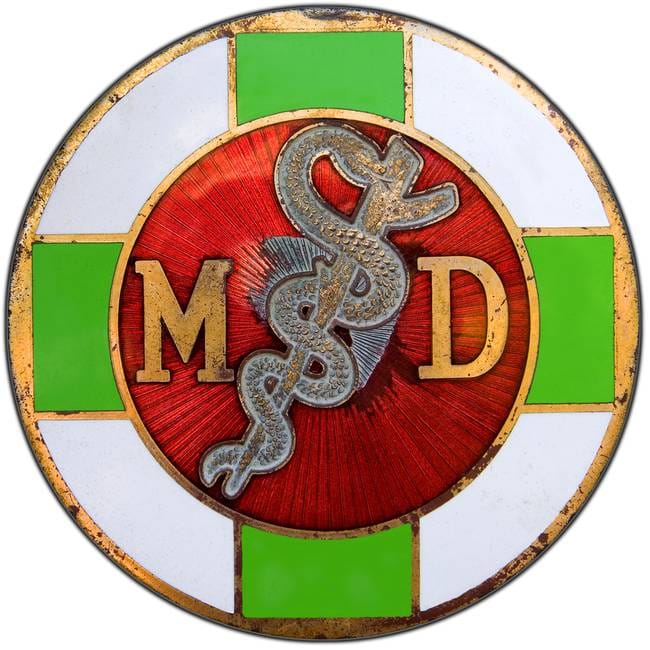How do you get out of Pennsylvania’s Professional Health Monitoring Program (“PHMP”). The PHMP administers both the Voluntary Recovery Program “VRP” and the Disciplinary Monitoring Program (“DMU”). As a licensed professional voluntarily enrolled in the PHMP – VRP – or forced into the DMU, you agreed to PHMP terms to keep working. You have been compliant for over three years. Now you think the program time is up!

But what you think is “compliant” may not be what your PHMP case worker thinks is compliant. Compliance does mean no positive drug tests and attendance and proper participation in all medical evaluations. Compliance includes AA or NA weekly meeting, daily telephone call-in, and/or random drug testing for at least three-years. Also, it is mandatory to provide three years or more of employer quarterly work evaluations.
Compliance also means alcohol and drug free for: 1) the first 3-6 months before the licensing board formally enters the Consent Agreement. This is the time period after signing the contract and filing out the personal data sheet when you accepted VRP DMU terms. Case workers do not tell you that it will take 3-6 months for a board to approve the contract. Also, they do not tell you to stop the drug testing after three years in the PHMP. They do not tell you when the three years clock starts to run.
There is one more requirement that is the most important part of compliance; paying all associated costs of the program. Many professionals ignore or forget to pay these expenses. Unless paid, the PHMP term will not end.
Recently I have fielded several calls from PHMP participants who have satisfied all of the above compliance requirements but did not finish paying 100% of the PHMP program costs. Each thought they were “done the program”. Licensees even receive eligibility letters from their PHMP case worker suggesting that they are poised to be satisfactorily dismissed in thirty days from the PHMP.
That thirty day period ran out with no case worker activity. Then, a positive alcohol test is claimed. Case workers then argued the licensee violated the program and requested a 12-18 month extension. These licensees were super angry.
Because a licensee did not pay the monetary expense, PHMP case workers do not file the termination petition with the board administrator. It is only this form, and only filed by the PHMP case worker, that will allow a board to terminate the licensee from the PHMP and reinstate the license to non-probationary status. Case workers continue to expect drug testing and abstinence. Licensees must remain compliant until the board discharges them from the program. This includes drug testing phone calls, testing, travel requirements, medical records, and employment restrictions.

An extension of a PHMP agreement after it natural conclusion, solely because a license failed to pay the costs is an abusive practice. It is an example of the PNAP Trap of which I write extensively. PNAP Traps and Tricks Don’t let PHMP PNAP/SARPH/PHP pencil pushing caseworkers harass you and your professional career merely because you didn’t pay program costs. After 3 to 4 years of continued employment, maintaining financial responsibility should be much easier. You should fit this expense in your budget and pay monthly PHMP costs so that when you are eligible for termination from the program, PHMP caseworkers can not subject you any more torture. Call me to discuss.













